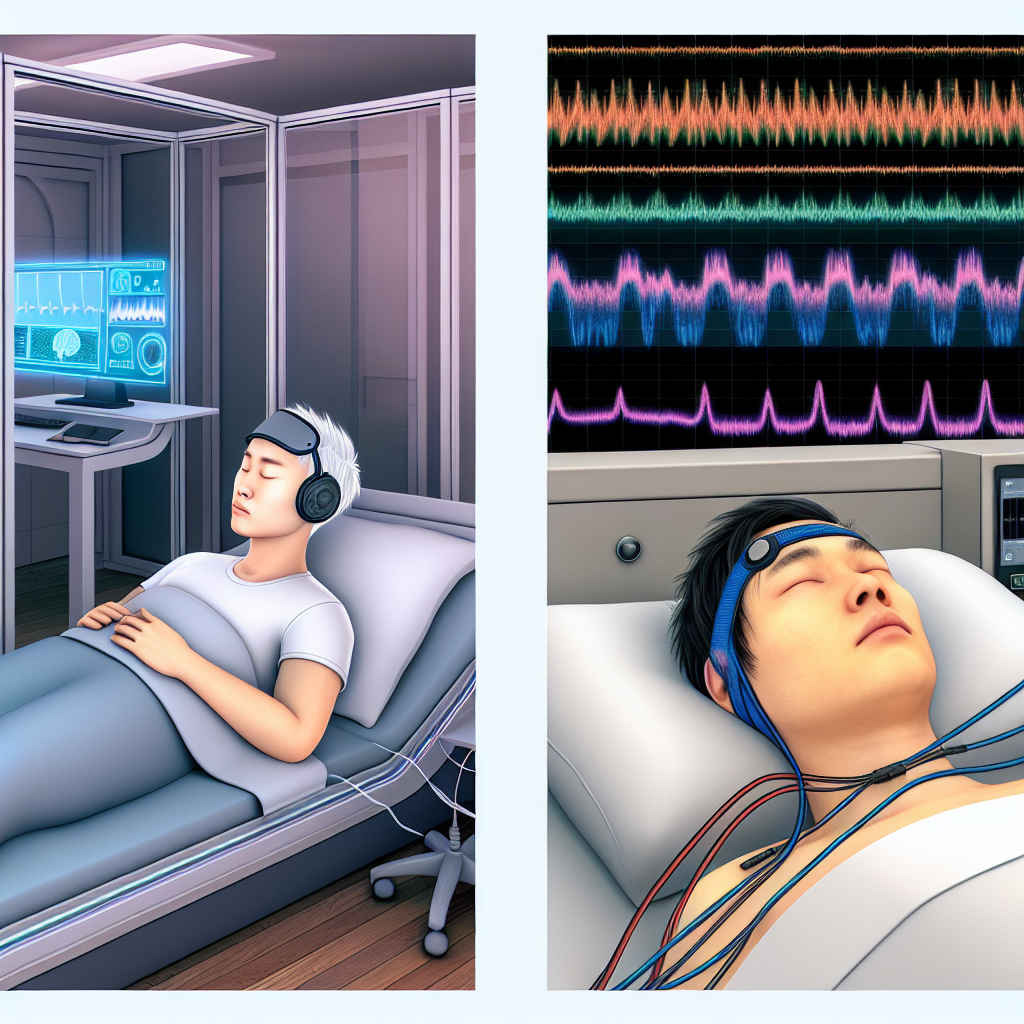Neuroplasticity and Sleep: The Key to Unlocking Brain Potential
Introduction: The Hidden Link Between Sleep and Brain Adaptability
Sleep, often regarded solely as a period of rest, is actually a dynamic and essential process that directly impacts cognitive functioning and brain health. Recent discoveries show that sleep plays a pivotal role in supporting neuroplasticity—the brain’s remarkable ability to reorganize itself by forming new neural connections. Let’s explore why prioritizing quality sleep is crucial for learning, memory, and overall brain performance.
How Sleep Fuels Neuroplasticity
The Brain’s ‘Night Shift’: Strengthening and Pruning Neural Connections During Sleep
Sleep isn’t just about recovering energy—it’s an active period when the brain undergoes vital “housekeeping.” During both slow-wave sleep (SWS) and rapid-eye-movement (REM) sleep, the brain strengthens synaptic connections critical for learning and memory while pruning away unneeded ones. This process keeps the brain efficient, adaptable, and ready to take on new challenges.
Groundbreaking Insights into Sleep and Neuroplasticity
What Dreams Are Made Of: The Role of REM Sleep in Rewiring the Brain
A 2022 study from the University of California, San Francisco, revealed that REM sleep is essential for the brain’s capacity to grow and reorganize itself. Researchers observed that this phase of sleep supports memory retention, creativity, and problem-solving by forming and strengthening neural pathways.
The Power of Deep Sleep: How Slow-Wave Sleep Balances Brain Plasticity
A 2021 study published in Nature Neuroscience highlighted the importance of slow-wave sleep (SWS). By carefully balancing the removal of weak neural connections and the fortification of critical pathways, SWS ensures efficient brain function. Without this balance, cognitive processes like learning and memory could deteriorate over time.
Rest as Recovery: Sleep’s Role in Healing Neurological Injuries
Findings from the University of Zurich in 2020 demonstrated how consistent, high-quality sleep significantly enhances the brain’s ability to recover from neurological injuries, such as strokes. Patients experiencing sufficient sleep showed faster and more effective recovery, emphasizing that rest is a cornerstone of the brain’s healing process.
The Cost of Sleep Deprivation: A Barrier to Brain Adaptability
A 2023 meta-analysis published in the Journal of Psychiatry and Neuroscience examined the effects of chronic sleep disturbances like insomnia or sleep apnea. Results showed a significant reduction in synaptic density and impaired neurogenesis, slowing the brain’s ability to adapt and learn. This underscores the importance of addressing sleep disorders to safeguard long-term cognitive health.
Young Minds, Big Potential: Why Sleep Matters More for Growing Brains
A 2022 study in PNAS focused on children and teenagers, whose naturally heightened neuroplasticity makes sleep especially important. Consistent sleep schedules were shown to improve learning ability, emotional regulation, and overall brain development, proving that good sleep hygiene during youth yields lifelong benefits.
The Takeaway: Sleep as the Ultimate Brain Architect
Sleep: The Unsung Hero of Mental Resilience and Cognitive Growth
Science unequivocally shows that sleep is much more than rest—it’s a cornerstone of brain health. From helping us retain newly learned information to assisting in recovery from injuries, quality sleep is the foundation of neuroplasticity.
No matter your age, optimizing sleep hygiene can boost brain adaptability, memory, and problem-solving skills. Whether you’re a child mastering new subjects, an adult pursuing career growth, or a senior preserving cognitive agility, investing in quality sleep directly supports brain performance.
Simple Practices to Improve Sleep Hygiene
1. Create a Consistent Sleep Schedule: Aim to sleep and wake up at the same time each day.
2. Optimize Your Sleep Environment: Keep your bedroom cool, dark, and quiet to promote better rest.
3. Limit Screen Time Before Bed: Avoid blue-light exposure from phones or tablets at least an hour before sleeping.
4. Be Mindful of Diet and Caffeine: Avoid heavy meals and stimulants like caffeine late in the day.
5. Address Sleep Disorders Early: Seek medical advice if you’re experiencing chronic sleep deprivation or disrupted sleep.
Conclusion: Build a Smarter, Healthier Future by Prioritizing Sleep
From enhancing memory to improving recovery from injuries, the connection between sleep and neuroplasticity proves that rest is a crucial investment in brain health. By embracing the science behind sleep, individuals of all ages can unlock their mind’s full potential, creating a foundation for lifelong adaptability and resilience.
Prioritize quality sleep today—it’s not just a health choice; it’s the key to optimizing your brain’s performance and paving the way for a brighter, more adaptive future.
Summary:
Quality sleep is crucial for supporting neuroplasticity, the brain’s ability to reorganize itself and form new neural connections. Recent studies have shown that both REM and slow-wave sleep play important roles in strengthening synaptic connections, improving memory and problem-solving, and even aiding in recovery from neurological injuries. By prioritizing good sleep hygiene, individuals of all ages can unlock their brain’s full potential and build a foundation for lifelong cognitive resilience.
References:
1. [Study on REM Sleep and Neuroplasticity](https://www.ucsf.edu)
2. [Role of Slow-Wave Sleep in Synaptic Homeostasis](https://www.nature.com/neuroscience)
3. [Sleep’s Role in Stroke Recovery](https://www.uzh.ch/en.html)
4. [Sleep Disorders and Neuroplasticity](https://jpn.ca)
5. [Sleep and Neuroplasticity in Young Brains](https://www.pnas.org)

Dominic E. is a passionate filmmaker navigating the exciting intersection of art and science. By day, he delves into the complexities of the human body as a full-time medical writer, meticulously translating intricate medical concepts into accessible and engaging narratives. By night, he explores the boundless realm of cinematic storytelling, crafting narratives that evoke emotion and challenge perspectives.
Film Student and Full-time Medical Writer for ContentVendor.com




